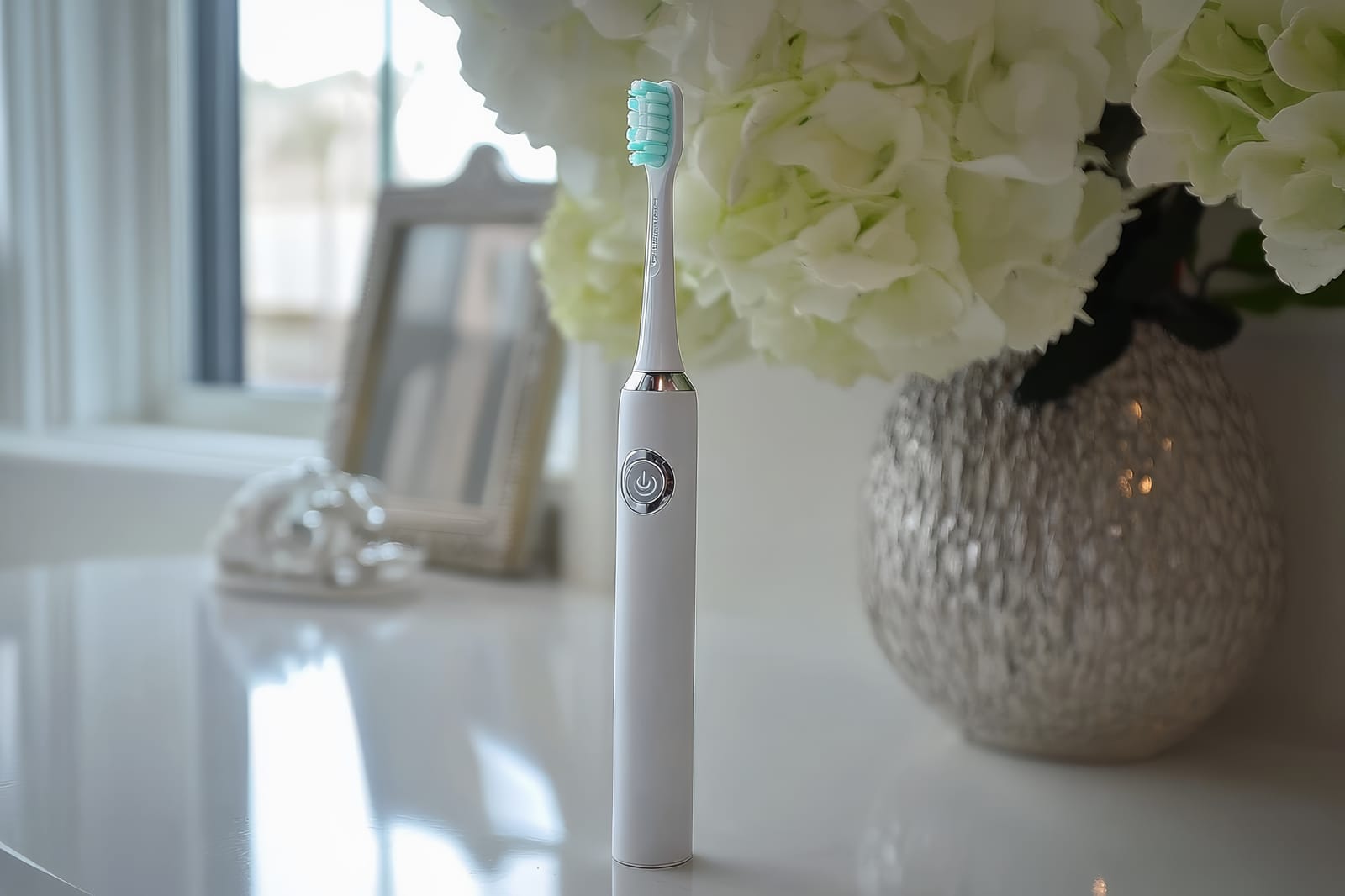Everything You Need to Know About Dental Bone Loss
 If you’re like most people, you probably don’t think much about bone loss – unless it happens to you. Dental bone loss is a serious problem that can lead to tooth loss, and it’s something that dentists are constantly fighting against. In this blog post, we will discuss what bone loss is, the causes of bone loss, and what can be done to prevent it. We’ll also answer some common questions about dental bone loss. So if you’re interested in learning more, keep reading!
If you’re like most people, you probably don’t think much about bone loss – unless it happens to you. Dental bone loss is a serious problem that can lead to tooth loss, and it’s something that dentists are constantly fighting against. In this blog post, we will discuss what bone loss is, the causes of bone loss, and what can be done to prevent it. We’ll also answer some common questions about dental bone loss. So if you’re interested in learning more, keep reading!
What Is Dental Bone Loss?
- Dental bone loss is the deterioration of the bone that surrounds and supports the teeth. It is a common condition that can occur due to a variety of factors, including gum disease, tooth loss, and aging. When bone loss occurs, the teeth can become loose and eventually fall out. In addition, bone loss can lead to an increase in the risk of developing infections or other serious health problems. Treatment for bone loss typically involves dental implants or bone grafts. In severe cases, surgery may be necessary to correct the problem. Dental bone loss is a serious condition that should be treated by a qualified dentist as soon as possible.
Can Dental Bone Loss Be Reversed?
- Bone loss is a common problem, especially among older adults. When bone loss occurs in the jaw, it can lead to tooth loss. While dental bone loss is not always preventable, some steps can be taken to slow down or even reverse the process. One of the most important things that you can do is to avoid smoking. Smoking contributes to bone loss by decreasing the amount of blood flow to the bone and preventing new bone cells from forming. In addition, you should make sure to get enough calcium and vitamin D, as these nutrients are essential for healthy bones. There are several additional treatment options available, including medications, surgery, and lifestyle changes. Early intervention is key. With the right treatment plan, it is possible to reverse bone loss in teeth and restore your oral health.
Can I Get Dental Implants If I Have Bone Loss?
- If you have bone loss in your teeth, you may be wondering if you are a candidate for dental implants. The good news is that dental implants can be an option for people with dental bone loss. In fact, dental implants are often used to help stabilize teeth that have been affected by bone loss. The implant itself is placed in the bone and then a crown is placed on top of the implant. This helps to provide support for the tooth and prevents it from moving around. As long as there is enough bone available, dental implants can be a great option for people with bone loss in their teeth.
Can Dental Implants Help Prevent Dental Bone Loss?
- Dental implants are one way to help prevent bone loss. They provide support for the roots of your teeth, which helps to keep the bone in place. In addition, dental implants help to stimulate the bone, which helps to prevent bone loss. Dental implants are made of titanium, which is a metal that is compatible with the human body. Titanium is also strong and durable, which makes it an ideal material for dental implants. Dental implants are placed under the gum line and are securely anchored into the bone. This makes them very stable and helps to ensure that they will last for many years. If you are considering dental implants, be sure to talk to your dentist about whether they are right for you.
Is Dental Bone Loss The Same As Enamel and Dentin Loss In Teeth?
- Dental bone loss and enamel/dentin loss in teeth are two separate but related conditions. Dental bone loss is when the bone that surrounds and supports the teeth starts to deteriorate. This can be caused by several factors, including gum disease, tooth decay, and even regular wear and tear. Enamel/dentin loss, on the other hand, refers to the actual loss of the hard outer layer of the tooth. This can happen due to several reasons as well, such as acidic beverages, teeth grinding, and trauma to the mouth. While both conditions can lead to serious oral health problems, they are not the same thing. Therefore, it is important to be aware of the difference between dental bone loss and enamel/dentin loss to ensure proper dental care.
Dental bone loss is a serious oral health issue that can lead to tooth loss if left untreated. Fortunately, your dentist can help prevent bone loss in your teeth with regular checkups and cleanings. They can also identify early signs of bone loss and provide treatment to stop the progression of the condition. Don’t wait until it’s too late to take care of your teeth—contact your dentist today!
Request an appointment here: https://www.stgeorgedentalcare.com or call St. George Dental Care at (435) 628-9099 for an appointment in our St George office.
Check out what others are saying about our services on Yelp: Read our Yelp reviews.
Recent Posts
Having a sensitive sense of smell can be both a blessing and a curse, as nothing disrupts personal comfort more than an unpleasant odor emanating from your mouth. A common concern for dental patients is the distinct and often embarrassing "rotten tooth smell." Understanding its causes, implications, and the appropriate remedies is crucial for maintaining…
Brushing your teeth is essential for maintaining a healthy, beautiful smile, and using an electric toothbrush takes oral hygiene to the next level. At St. George Dental Care, located in St. George, UT, we're passionate about helping our patients maintain optimal oral health through modern dental practices and expert advice. Electric toothbrushes are revolutionizing dental…
When it comes to maintaining your dental health, understanding the professionals who provide care can make all the difference in your experience. The terms "dentist surgeon" and "dentist" are often used, but many people don't fully grasp the distinctions between them. Are their education, scope of practice, and services they provide the same? Which should…
Does the thought of sitting in a dentist's chair make your palms sweaty? You're not alone. Dental anxiety is something millions of people experience, but we at St. George Dental Care believe visiting the dentist doesn't have to be nerve-wracking. That's why our focus goes beyond just cleanings and checkups—we strive to make you feel…


